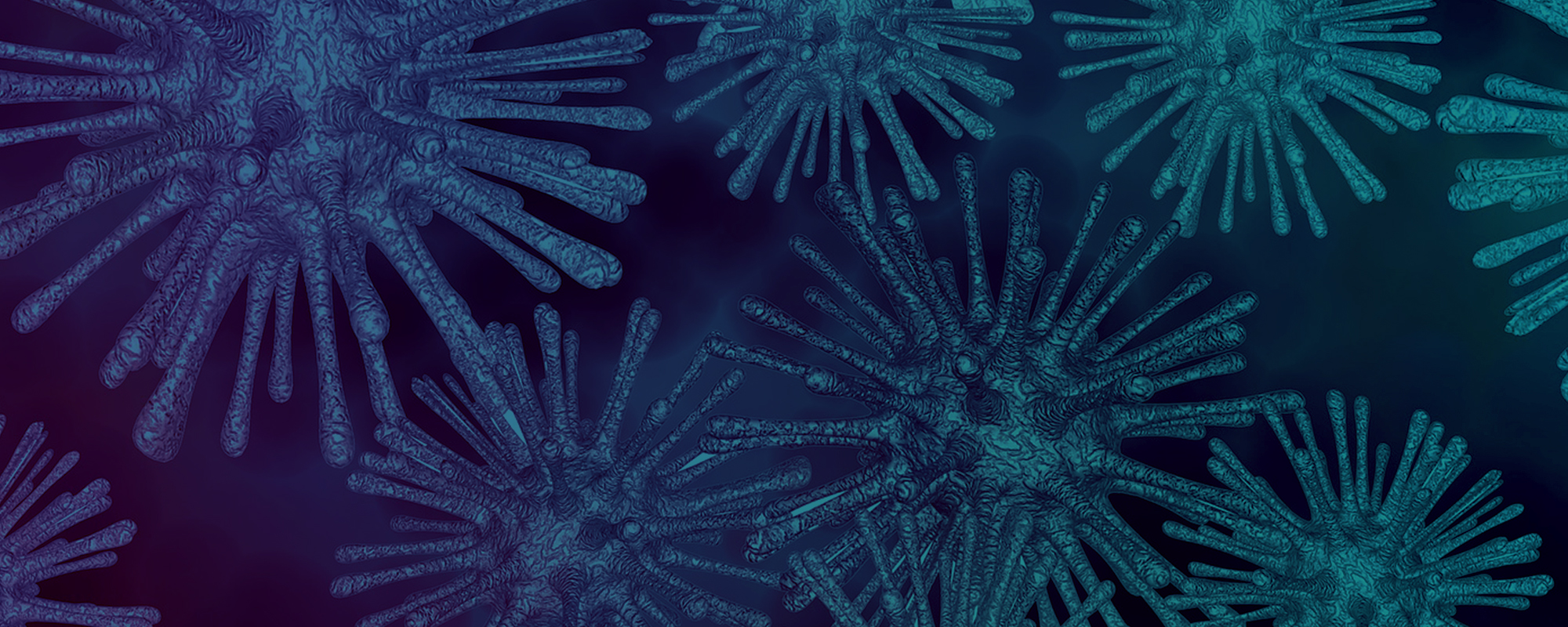Daily Discoveries
As an undergraduate, Dr. Ryan Moslin had an epiphany that would foreshadow his career as a biopharmaceutical researcher. During chemistry lectures, while most of his peers struggled to maintain interest, Dr. Moslin felt as if he’d finally discovered an outlet for his creative drive.
“I fell in love with organic synthesis during my education,” he says. “It’s an extremely creative field, and one I had an aptitude for. Soon, I learned I could apply science to develop medicines that could help patients and, in a small way, change the world.”
Ultimately, Dr. Moslin’s passion led him to join the immunoscience research team at Bristol-Myers Squibb in 2010. Today, he researches treatments for autoimmune diseases like lupus, a disease that occurs when the body’s immune system attacks its own organs, tissues and cells.

